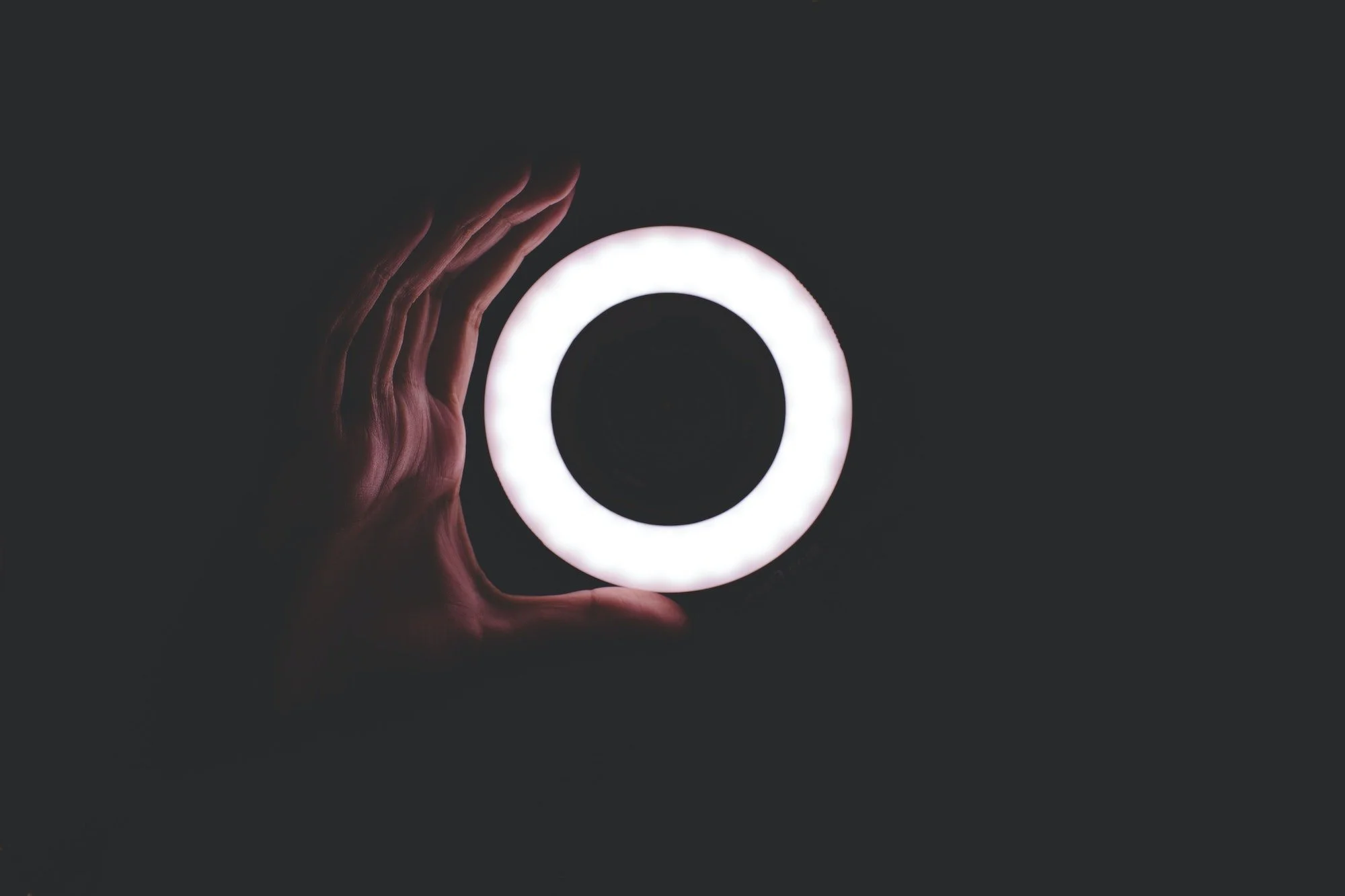The Illusion of Control
Photo by Nadine Shaabana
While browsing online one afternoon, I stumbled upon an interesting article written in 1999 by psychology professor Suzanne C. Thompson. She wrote, the illusion of control is “the tendency for human beings to believe they can control, or at least influence, outcomes that they demonstrably have no influence over.” This belief, I think, stems directly from how much our lives seem to support that illusion. In other words, when things are going well or going our way, it “appears” as though we are in command to some degree, bending life to our will.
However, when things begin to fall apart and our circumstances abruptly change, we usually feel as though we’ve somehow lost control. We throw around words such as lucky or unlucky, depending on what happens to or around us. We talk about how certain things are “meant to be” or that there are no accidents.
The bigger the change, the more it becomes clear that we have much less control than we think we do. At any moment, without notice, our lives can change dramatically. We can have an accident, be involved in a natural disaster, get sick, lose a loved one, get fired, etc. We all know this; we have all experienced this, and yet we still behave as though we have control over our lives.
If control is an illusion, then why do we hold onto it so tightly? My guess is that we need this illusion to suspend our disbelief long enough to fully engage in our lives. Without it, we’d be paralyzed with fear, looking over our shoulders wondering when something bad might happen. Our illusion of control gives us a feeling of being able to do the impossible, transcend limitations and create new opportunities. Our greatest inventions come from the belief that we can create something out of nothing. If we simply resigned ourselves to our mortality or the fragility of human life, we would never attempt to do anything.
Problems arise when this belief in our ability to control things goes too far.
People with lots of power and/or lots of money often fall prey to this because their lives are buffered by the ability to manipulate or buy their way out of problems and suffering. This option is not available to people without authority or means.
What fascinates me is that those without power or money often turn to each other to solve problems.
Or to the Divine, in whatever way they understand that.
They use inner resources rather than outer resources. Of course, not all. Some take a negative approach and manipulate others by stealing or simply escaping altogether through addiction. For the most part, those without power or means tend to live life with a greater awareness of change and death, and therefore approach life with respect and humility.
As evidenced by our current global crisis, the illusion of control at its extreme can extract a tremendous price (there are endless examples throughout history that reveal the same thing). Life is not a casino, and when it is seen as fodder for manipulation to be used for personal gain, the illusion falls down hard and fast.
Life has, and always will have, the upper hand, and it has some not-so-subtle ways of reminding us of that.
Anything that flies high eventually has to come down. Like it or not, there’s no way to outsmart change or death. They’re inevitable. We can only pretend they’re not, but sooner or later, they’ll come knocking at our door.
Is it not better, then, to meet life as it is and stop the pretending? To some extent, yes, as long as we learn to accept change and death without fear.
Nothing wrong with wrapping a bit of illusion around us for comfort. The trick is to not buy into it too deeply or get too attached to things staying the same. This is where a bit of Zen acceptance and surrender comes in handy.
There is some freedom in letting go of the illusion of control. We can relax our vigilance and begin to allow it all to unfold, as we would a movie.
However, life is not a spectator sport.
For as long as we live, we are players on the field, engaging in the game. What we think, say and do matters, but not in the personal way we typically think of it, but in a big-picture kind of way.
To get a glimpse of that you’ll need to speak with the Director.
